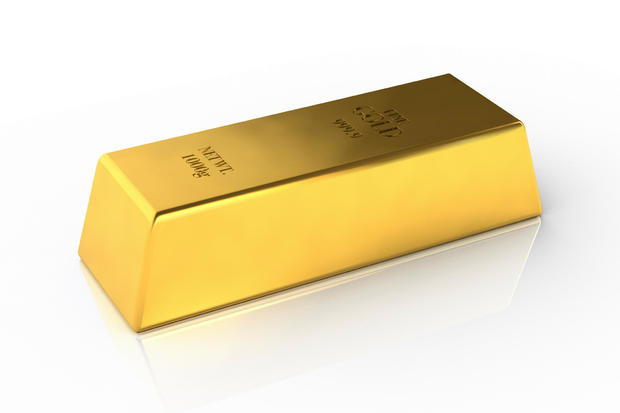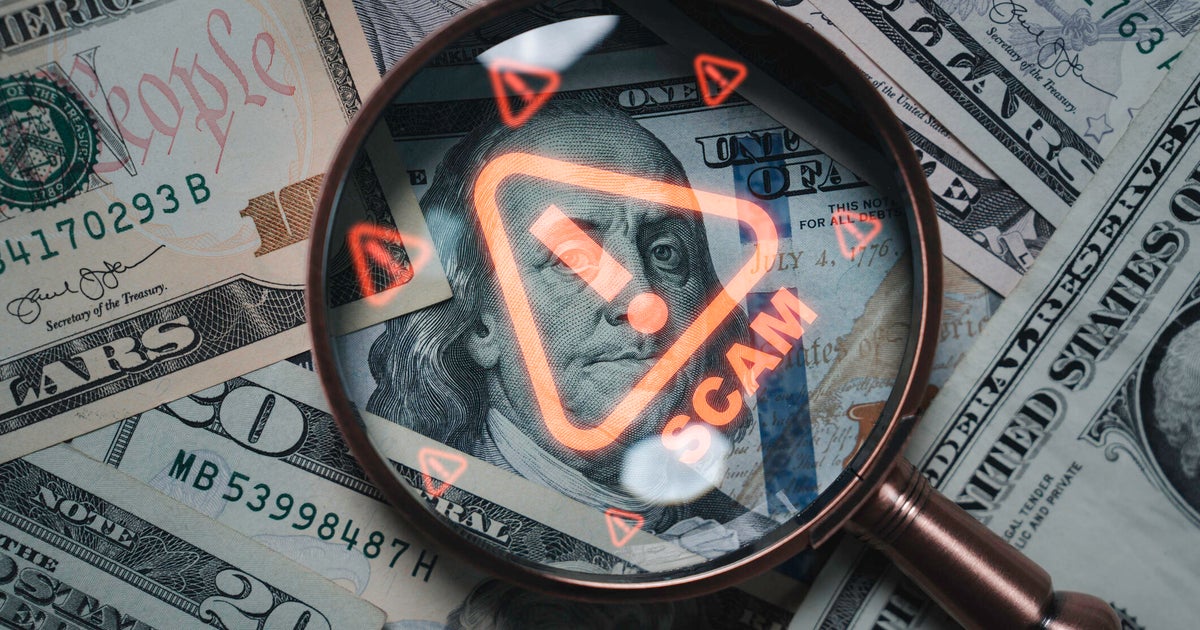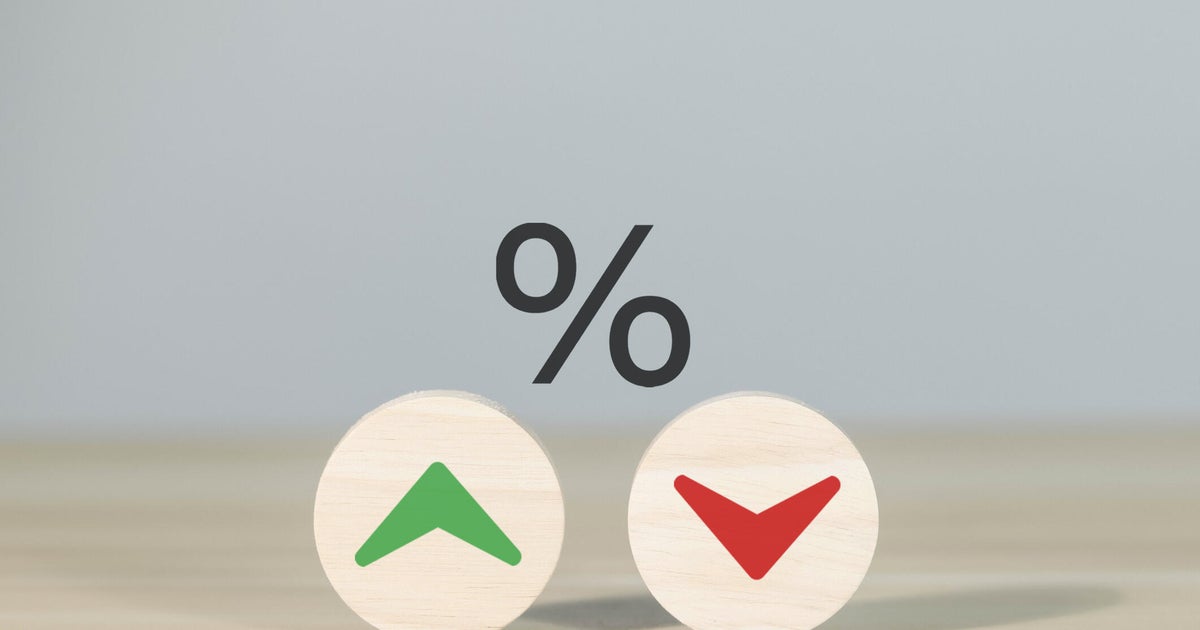How much should you invest in gold?
A new year is upon us, and it's the perfect time to give thanks for the year that was and look ahead to a new season. For many Americans, the new year marks a time to review their financial goals, market developments and investments.
Given the state of the economy, a potential recession and turmoil in world affairs, many are adding some gold shine to their portfolios. Gold is traditionally viewed as a hedge in times of economic inflation and unrest, and an asset that may help to diversify your holdings.
If you think you could benefit from investing in gold then start by requesting a free wealth protection kit to learn more now.
How much should you invest in gold?
But how much should you invest if you're considering buying some gold? Here are some considerations to help you decide.
Gold is often seen as a safe haven, a commodity that has held its value over the long term. However, this metal can be volatile in the short term. Because of this volatility, the price of gold underperforms when compared to the long-term price appreciation of traditional stocks. Consequently, conventional wisdom recommends holding no more than 10% of your portfolio in gold as part of a well-balanced portfolio.
Allocating a slice of gold to your portfolio may help to hedge against inflation. That's because gold has an inverse relationship with the dollar. When the dollar value falls, the value of gold rises, and vice-versa.
Amid inflation and stock market volatility, it can be tempting to dump a substantial amount into gold out of fear. However, a better option may be to ignore short-term noise, focus on your long-term investment strategy and goals, and use price dips to invest in stocks and gold assets like ETFs and mutual funds.
A balanced portfolio can better help you achieve your financial goals. Consult your financial advisor to design or rebalance your portfolio to meet your needs (which can change over time). Goldco can also answer any questions you have about this unique investment opportunity.
How do you invest in gold?
When thinking of gold, images of gold bars often come to mind first. But in reality, there are multiple ways to invest in gold, such as:
Physical gold
You can buy physical gold in three forms:
- Gold bullion: You can typically buy gold bars in one-ounce or 10-ounce bars. The price of gold is rising and can be expensive, as it trades at roughly $1,800 as of December 2022.
- Gold coins: Gold coins may be easier to store than gold bullion, and you can buy coins that are one ounce or less. Keep in mind, dealers may charge a 1% to 5% markup on the gold's value.
- Gold jewelry: Most people who purchase gold jewelry do so for its beauty, not its investment value.
Gold ETFs/IRAs
Gold exchange-traded funds, or ETFs, are commodities backed by gold instead of owning physical gold. As such, ETFs are traded on an exchange similar to individual stocks. ETFs provide an easy on-ramp for beginning investors as you can buy as little as a single ETF share through a brokerage or in your IRA.
Gold individual retirement accounts (IRAs) operate like a standard IRA but hold gold instead of equities. Like standard IRAs, you can get a traditional, Roth, or SEP gold IRA depending on your unique financial situation and goals. A gold IRA company can help you open a gold IRA and help set you up to meet IRS regulations. Request a free wealth protection kit from Goldco now to learn more.
Gold futures
With gold futures, a buyer and seller enter into a contract to trade an agreed-upon amount of gold at a specific price and time, regardless of what's going on in the market. However, it's generally not a wise strategy for beginners due to its risky nature.
Gold mining companies
Investing in gold mining companies through gold ETFs is a common investment strategy. Gold ETFs give you exposure to gold that doesn't depend entirely on the price of the metal. The performance of the gold mining company plays a significant role in the fund's price. For example, if a company decides to produce more gold, the price of the ETF could rise even if the price of gold does not increase.
Where can you invest in gold?
Depending on the type of gold you wish to buy, you have numerous options to buy this precious metal.
- Where to buy physical gold: You can usually buy gold bars and coins from online dealers. Of course, if you buy gold jewelry through a jeweler or retailer, you'll be hit with a significant markup. An estate sale or auction may offer jewelry without any markup.
- Where to buy gold ETFs: These funds are available to buy and sell through most physical and online brokerages, making them a highly liquid investment.
- Where to buy gold IRAs: Precious metal companies can help you open a self-directed IRA account and choose an IRS-approved custodian to buy gold on your behalf. Goldco and Birch Gold Group are two widely-used gold IRA companies you might consider.
- Where to buy gold futures: Gold futures contracts are traded on the New York Mercantile Exchange (NYMEX), and you can purchase them at any brokerage that offers them.
- Where to buy gold mining companies: You can invest in gold mining companies, ETFs and mutual funds through most brokerages.
The bottom line
With stock market prices declining, it may make sense to invest in gold. GoldSilver states that gold prices increased during six of the eight biggest stock market crashes dating back to 1978.
But like most investment assets, gold comes with a degree of risk, leading many experts to recommend keeping your gold investment allocation below 10% of your assets. Consider your long-term investment strategy, financial goals and risk tolerance before making any investment decisions.
Learn more with a free wealth protection kit from Goldco today.




